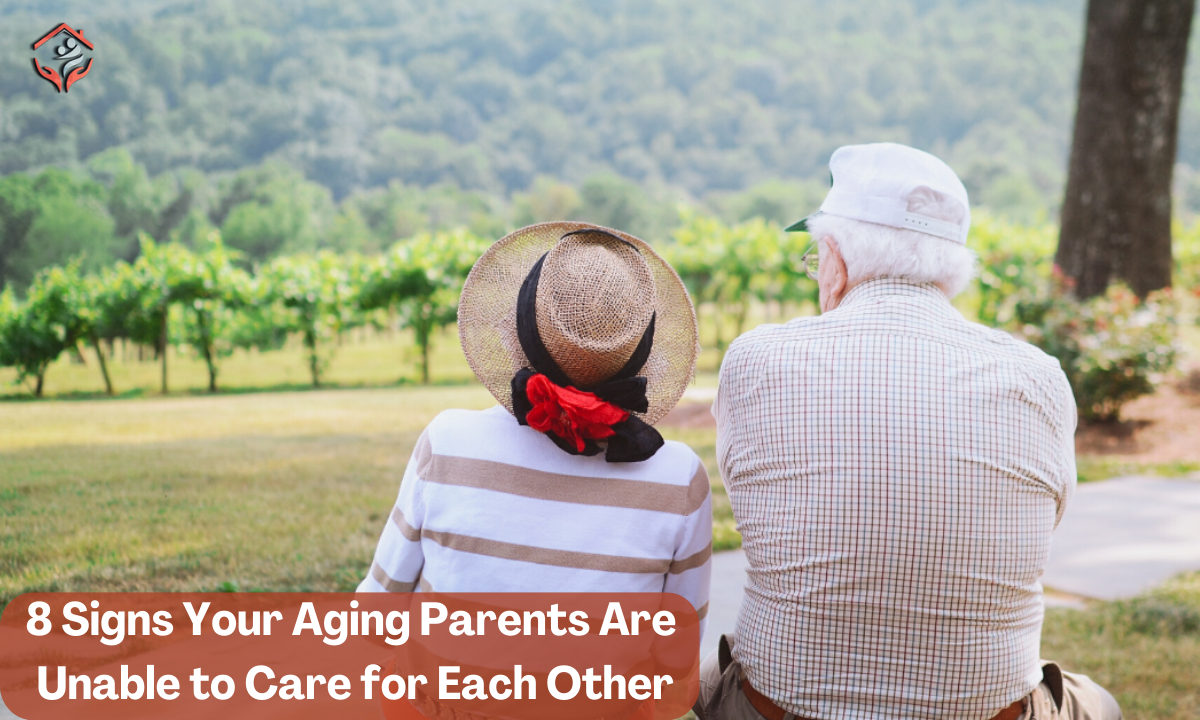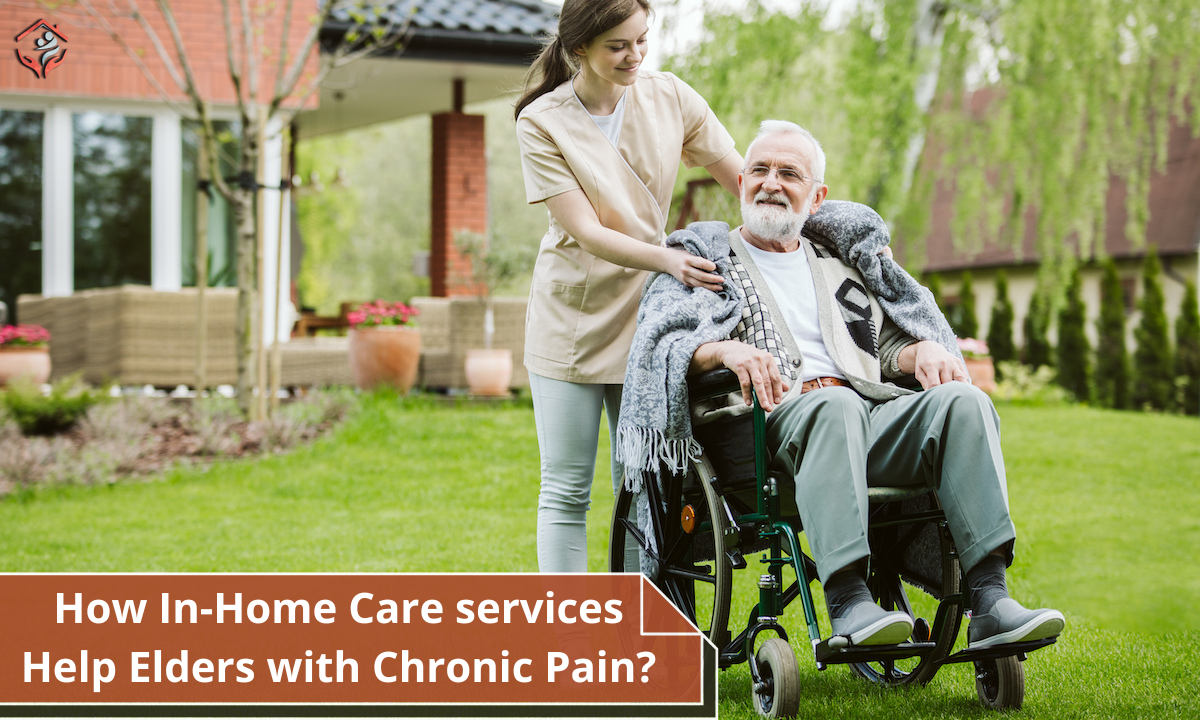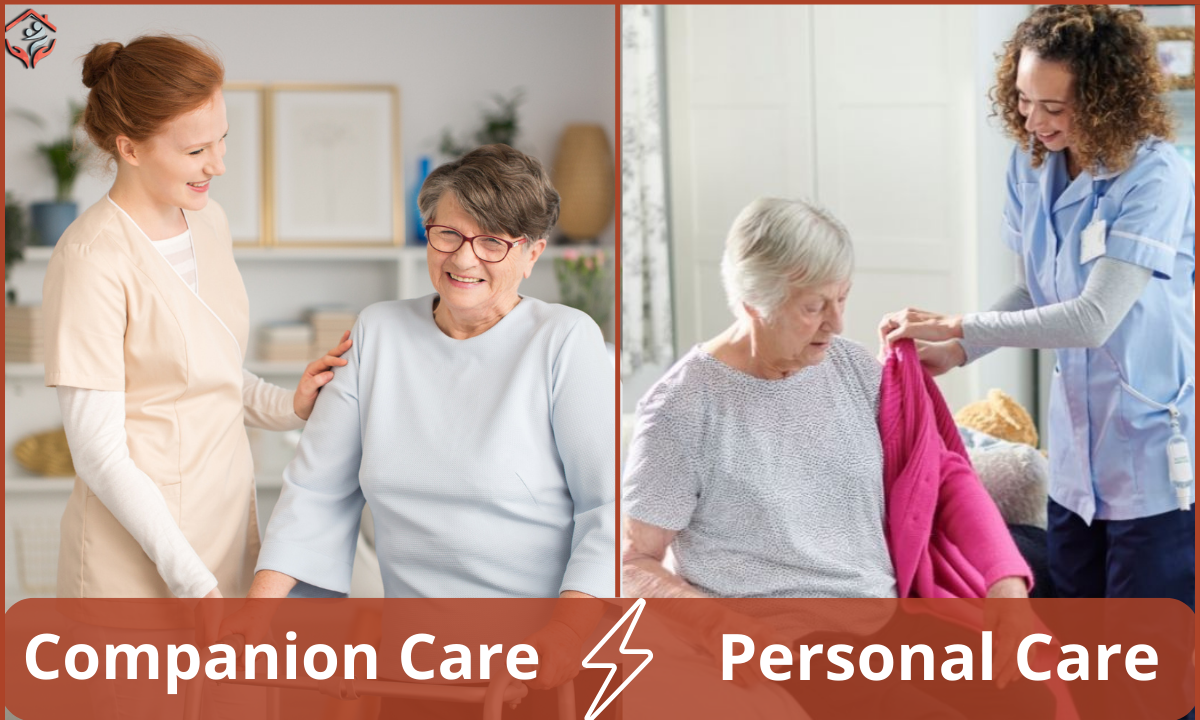8 Signs Your Aging Parents Are Unable to Care for Each Other
- 19 Jul 2022
- Home care
- (0) Comments
Aging parents can’t always be the strong ones who take care of everything and everyone all the time. It may be a challenging experience when your elderly parents cannot strongly care for themselves.
8 Signs Your Aging Parents Are Unable to Care for Each Other
Couples who have been together for a long time love each other and show it every day in some way. It is not wrong to do anything extraordinary to show one’s life partner that they are cared for. It can be something as simple as just listening.
Aging parents can’t always be the strong ones who take care of everything and everyone all the time. It may be a challenging experience when your elderly parents cannot strongly care for themselves. The pair that used to look after you can no longer look for themselves or each other. It’s a heavy burden to accept.
What about the sentiments of your parents? Older couples who have remained alone for decades and nurtured one another may hesitate to confess they need assistance when the time comes.
Perhaps it’s appropriate for your parents to take advantage of PEC’s in-home caregiving advanced portal that provides a platform for them to get the care they need. This way, they can age safely within the surroundings of their own house.
How Can In-Home Care Help Elderly Partners?
It’s critical to offer support to spouses who exhibit indicators of needing in-home care help. If they do not receive this particular attention, they may be more prone to domestic accidents and mishaps, such as an accidental fall or prescription mishandling.
When aging persons cannot care for themselves or their spouses, outsourced help may be the answer. The following indicators can help you identify the elders’ current situation:
1. Falling or being unstable on their feet:
According to the WHO (World Health Organization), falling is the second highest cause of trauma-related hospitalizations and accidental injuries ending in deaths among elders. Every year, one in every four Americans over the age of 65 falls, as per the National Council on Aging.
If your parents have difficulty balancing or walking or have fallen, they may benefit from the “fall prevention program.” The Secure and Stable Fall Prevention program at PEC (Private Elderly Care) will help you identify risk factors in your parents’ home and take action to lessen the chances of them falling.
2. Unintentional cuts and bruises:
As people become older, their bodies transform. Aging skin is prone to bruising, making it sensitive and uncomfortable.
Have you ever observed your elderly parents with new wounds or bruises that they cannot explain? This might be a sign of cognitive decline or a medical issue that makes your parents more vulnerable to damage and health risk.
3. Changes in thought and behaviour:
Dementia, not natural aging, can cause major memory & cognition problems, such as disorientation and confusion. Further indicators of attitudes and behavioral alterations include paranoia and unnecessary anger.
4. Loneliness and isolation:
As they’re more likely to confront circumstances such as living solo, the death of family or friends, chronic disease, and hearing impairment, older persons are more prone to experience loneliness and social detachment.
Loneliness among the elderly can negatively influence their physical and mental health. Learn to spot the signs of elder loneliness, and then visit your parents to see whether they may use some additional help.
5. Financial difficulty:
There are indeed several causes why monetary decision-making abilities may deteriorate. Still, older persons seem to be more likely to have money management issues and make lousy investment selections. This is frequently the outcome of age-related or illness-related cognitive loss.
Are your elderly parents having trouble keeping up with their payments and spending more than they could afford? Some elders may struggle to keep track of their finances & become behind with payments, whereas others will have difficulty balancing their check books. This is also an important sign that should not be ignored.
6. Rapidly deteriorating sanitation and a messy living situation:
According to research, poor hygiene can have life-threatening repercussions for elders. Those with compromised immune systems may suffer from septicaemia or blood poisoning due to the spread of infection. It goes without saying that elders must maintain decent hygiene.
A loss in cleanliness and demeanour, such as untidy hair or body odor, might signal that your elder parents are unable to care for themselves adequately. Examine if your elder parents’ living space is becoming increasingly filthy or requires repair.
7. Transportation problems:
Transportation is a problem for the elderly. They might not drive at all or drive less regularly. They may not have access to a personal automobile and have to rely on close relatives and caregivers and public transit.
Inspect to see whether your parents can navigate around the city without difficulty. Consider seeking other transportation options if they’re getting lost more regularly or their driving looks risky. Missed appointments and running out of necessities like food or cleaning materials are other signs of transportation problems.
8. When the Medical problems are becoming worse, and the elders are having difficulties following medical recommendations:
Certain medical illnesses may need your elders to adhere to particular diets, refrain from certain activities, or take various drugs on a daily basis. If you find that your elders are unable or unwilling to accept medical advice, they may need more attention. Unintended weight gain or loss might sometimes be an indication that your elder loved one requires assistance.
Professional in-Home Care Can Help Aging Life Partners
If you’re afraid that your elders can’t securely care for themselves and each other, consider hiring an in-home care professional by looking at the PEC (Private Elderly Care) portal. Our PEC (Private Elderly Care) customer representative can review the queries to guide during a free home care consultation.
Visit your local PEC’s (Private Elderly Care) job portal if you’re interested in finding the right in-home caregiver for yourself or a family member.





Comments (0)